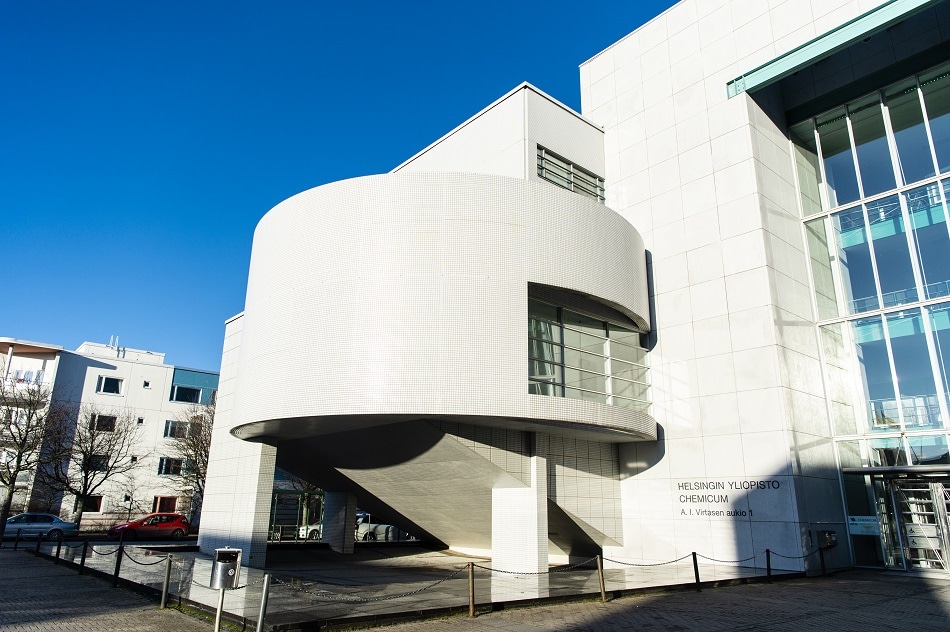Sep 23 2020

TESTA Analytical Solutions e.K reports how the internationally respected Department of Chemistry at the University of Helsinki (Finland) is using its BI-200SM light scattering goniometer for physicochemical characterization of polymers.
Students at undergraduate and postgraduate levels are learning how light scattering enables study of the behaviour of macromolecules in solutions and dispersions. The Department of Chemistry is using its BI-200SM light scattering goniometer to teach students how to perform basic analysis of the polymers that they synthesize. They use the instrument to determine the molar mass (Mw), the size of individual molecules (Rg and Rh) and the thermodynamic quality of the solvents (A2) they use. Students also learn how to perform more advanced scientific experiments. In these tutorials the BI-200SM is allowing students to study various interactions between macromolecules in aqueous and organic media, intermolecular aggregation, formation of micelles and vesicles and other multi molecular assemblies. Thermodynamic transitions, which take place in solutions and dispersions upon changing temperature (10-60 °C), pH or other external stimulus, are of our special interest to the Department of Chemistry.
Based upon practical use of our BI-200SM light scattering goniometer we organize a course of lectures on light scattering for students as well as a laboratory practicum. These activities attract students and researchers from other departments such as physics, biology, pharmacy, food science and medicine. Simple design and easy alignment are the main features that differentiate the BI-200SM from other commercial light scattering instruments. In a combination with the user-friendly software, it is very easy instrument to demonstrate to students how the method and data analysis work as well as what are the limitations of other commercial instruments. The latter is especially important for the students, who continue their career in industry, where single angle light scattering detectors are more common. Recently, with the help of TESTA Analytical we upgraded the computer, software and the motor for our BI-200SM. We received very professional advice as well as fast and clear technical support from TESTA - who clearly understand the needs of universities and have always been most helpful.
Dr Vladimir Aseyev, Senior Lecturer in Polymer Chemistry, University of Helsinki
The Bl-200SM light scattering goniometer is a precision research grade instrument designed for precise and accurate measurements. Based on a special turntable with precision ball bearings and stepping motor, the Bl-200SM's modular, automated design and quality construction guarantee precise measurements due to the wobble-free movement of the detector. As you would expect from a research grade system the BI-
200SM can measure light scattering over a wide angular range (8° to 155° with 25 mm cells) and offers fine adjustment of measurement angles to 0.01° directly using a large, fine-control knob or PC-driven Motor control. Fine-screw vertical adjustment makes center of rotation measurement easier when aligning cells. Precise repeatable data is ensured by automated heating and cooling of the sample cell using and standard external recirculating system. Field proven in hundreds of labs around the world the BI-200SM light scattering goniometer system is ideal for even the most demanding macromolecular studies and submicron particle sizing applications.
For further information on the BI-200SM light scattering goniometer system please visit www.testa-analytical.com/index.html?dc=Scattering&sn=1.